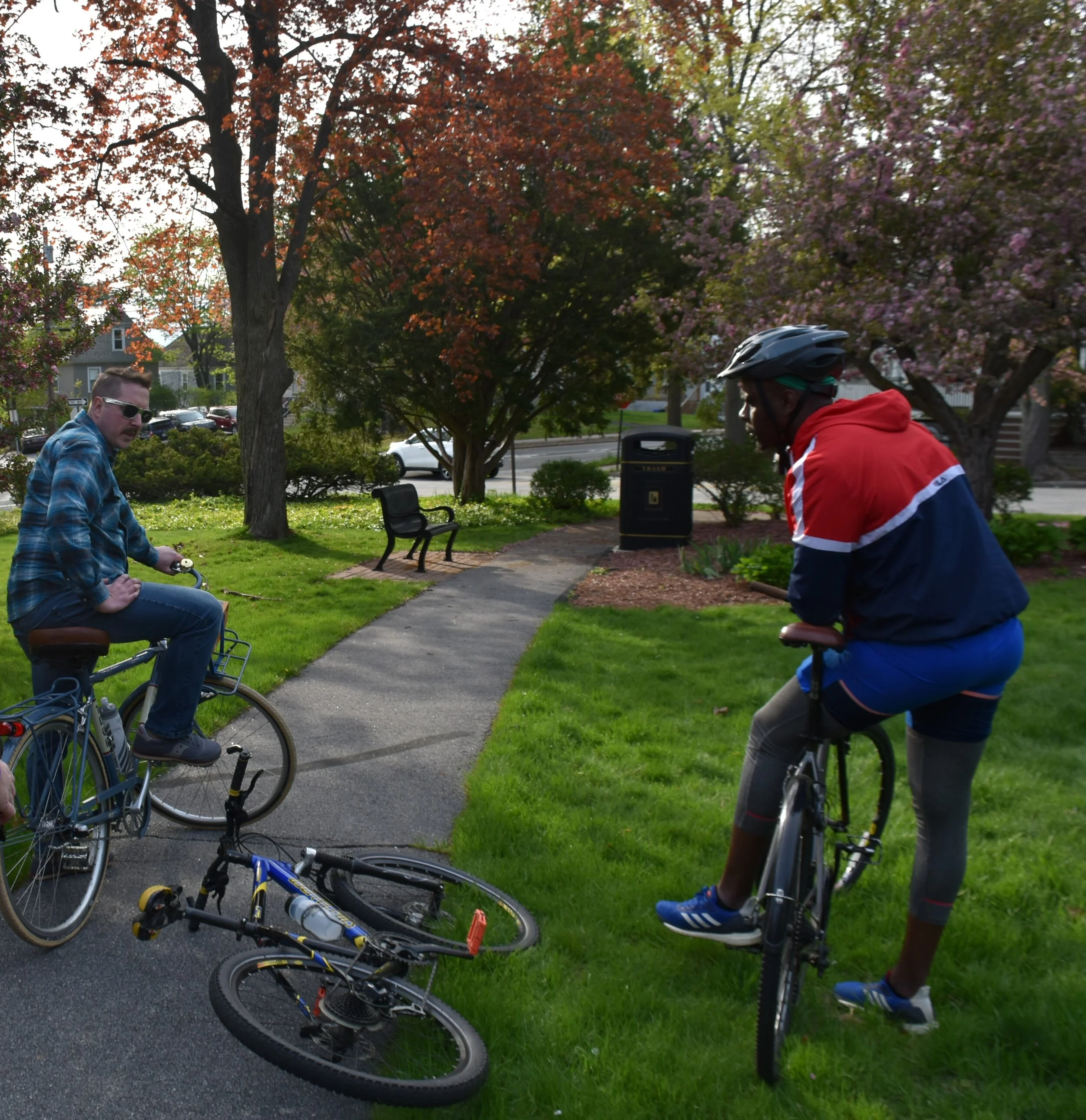In an age of racial-justice reckoning and political attention on social inequities, environmental justice advocates are hoping to strengthen laws and build community support.
But in New Hampshire, environmental justice statutes that protect vulnerable groups of people burdened by the effects of development, or those lacking environmental benefits such as greenspace or clean air, do not exist.
The concept of environmental justice emerged in the United States in the 1980s and has two distinct uses. The more common usage refers to a social movement by which fairness is addressed regarding environmental burdens and benefits.
The other use refers to an interdisciplinary body of social science literature that includes theories of the environment and justice, environmental laws and their implementations, as well as environmental policy and planning, and governance for development and sustainability.
What can a parent do once a child has been diagnosed with elevated blood levels of lead? Experts say a number of things may help – and the solutions are not always medical.
Dr. Alan Woolf, a professor of pediatrics at Harvard Medical School, director of the Program of Environmental Medicine and an expert on lead poisoning, says many pediatricians and nurse practitioners will start a child on iron drops, to discourage the body from absorbing lead.
A doctor’s visit showed that Matthew had blood lead levels of 4.6 micrograms per deciliter and Maureen 3.7. Months later, the levels had risen to 17 for Matthew and 18 for Maureen. At the time, the U.S. Centers for Disease Control and Prevention considered lead levels of 10 or higher to be “of concern,” though experts commonly say there’s no safe level of lead exposure in young children.
The biological effects of heat on the human body are universal and indisputable. Hyperthermia – too much heat over a certain amount of time – can lead to heat exhaustion, heat stroke, and even death.
And like other social problems today –such as the lack of affordable housing or access to healthy foods – not everyone suffers equally when it comes to the effects of heat. Those with diabetes, heart disease, other comorbidities, the elderly, people of color, and the poor, suffer at higher rates.
In an age of racial-justice reckoning and political attention on social inequities, environmental justice advocates are hoping to strengthen laws and build community support.
But in New Hampshire, environmental justice statutes that protect vulnerable groups of people burdened by the effects of development, or those lacking environmental benefits such as greenspace or clean air, do not exist.




New Hampshire is relatively well off, and its rate of food insecurity is much lower than the national average. But many Granite Staters still struggle to consistently access enough food to keep them and their families healthy and active.